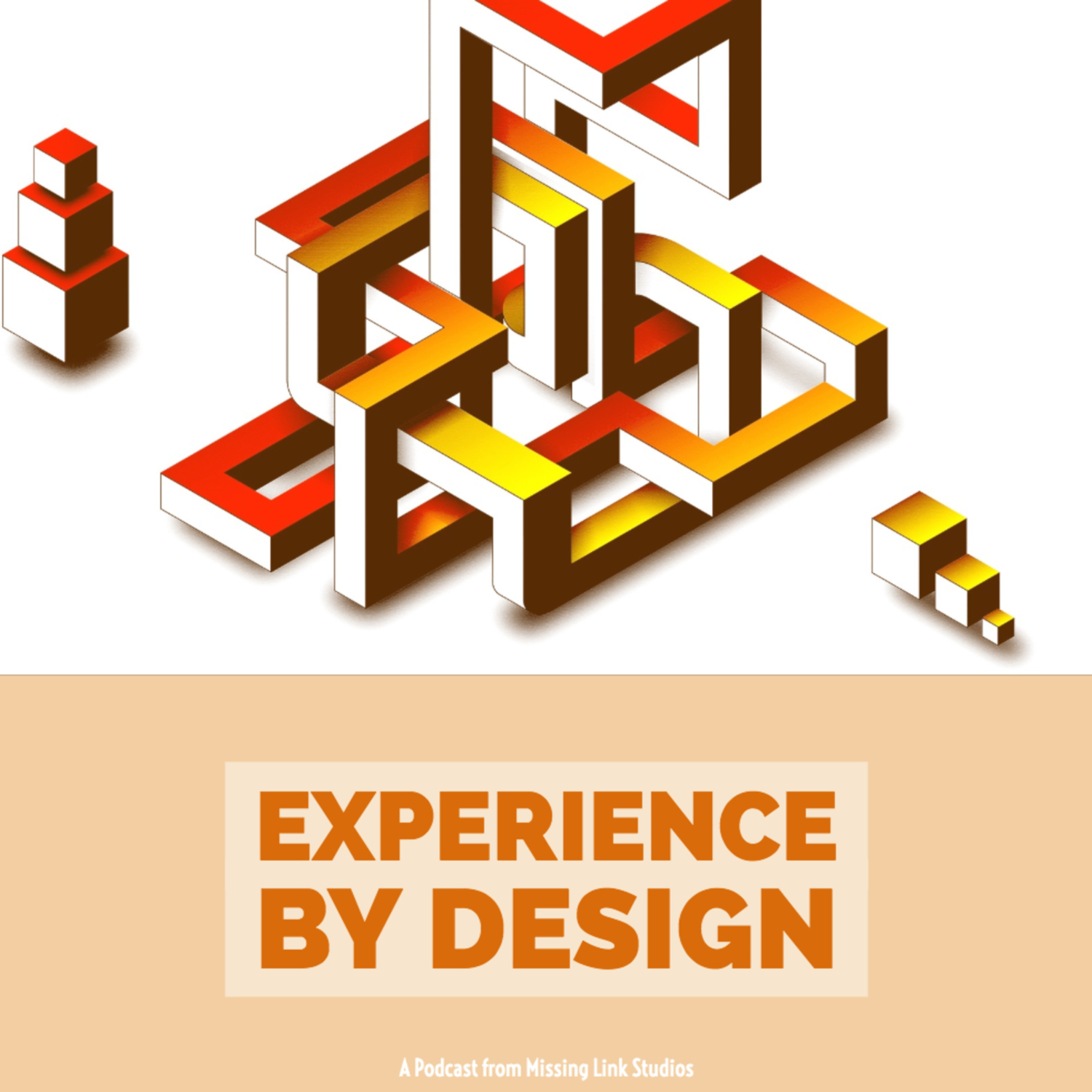Inspiring Racial Equity and Customer Experience
We are at a generational inflection point in American society, and in many parts of the world, around how we come to terms with structural racism and discrimination. Issues of racial equity, and institutionalized discrimination, have long been at the center of customer experience, and the right of people to be seen as customers. Today’s podcast is a recording of an event from the end of July on ‘Inspiring Racial Equity: How CX Professionals Can Guide Their Organizations to Tackle This Urgent Issue.” The event was a joint effort of the Boston and Atlanta chapters of the Customer Experience Professionals Association. There was a tremendous team of folks from both chapters who worked together to put on this event. Most of the folks involved, including me, would be considered to be ‘allies.’ By that I mean people who may not have to suffer the daily indignities of structural racism and discrimination, but see it as a malevolent force that needs to be directly confronted and addressed in whatever quarters possible. For this group, the field of engagement is the organization, and what can customer experience professionals do to change these internal dynamics, which hopefully will contribute to a broader social change.
The panelist, who include Sandy Mathis, Stephanie C. Harris, and Thomas Houston, all bring a range of professional and personal experience on this topic. Join us in learning from the panelists regarding how to help inspire racial equity in organization, and deliver better experience for diverse audience.
Watch the event on YouTube: https://www.youtube.com/watch?v=SSD8kkwLHfQ&feature=youtu.be
Sandy Mathis - LinkedIn: https://www.linkedin.com/in/sandra-mathis/
Stephanie C. Harris - LinkedIn: https://www.linkedin.com/in/stephaniecharris/
Thomas Houston - LinkedIn: https://www.linkedin.com/in/thomas4change/ / Medici Road: https://www.mediciroad.org/
Episode Intro Music - The Tall Pines - “The Key”
Episode Ending Music - Ketsa - ”Dreaming Days”

